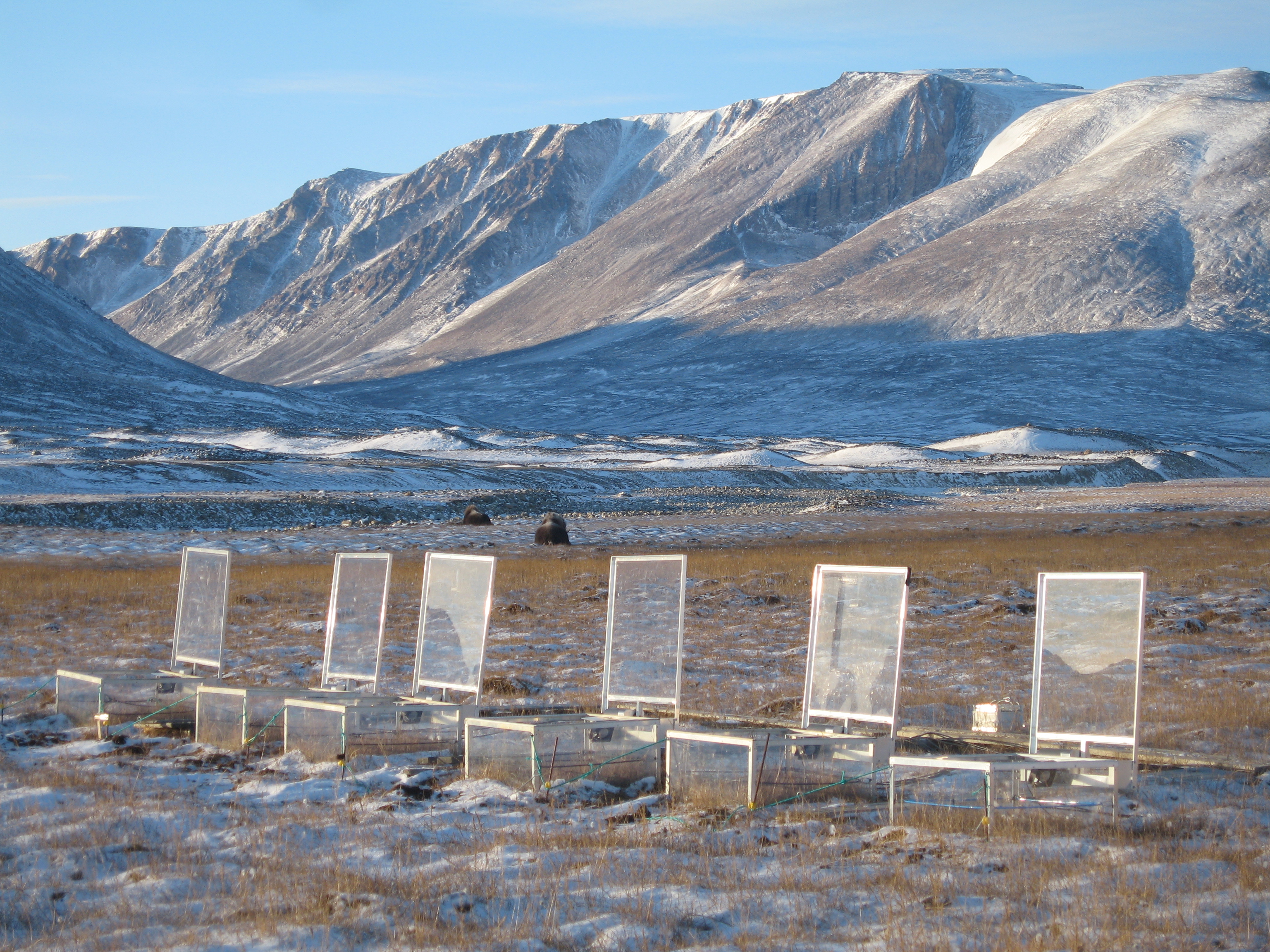Methane leakage in California – how will it impact the climate?
Professor Torben R Christensen interviewed on DR1

Methane (CH4) is one of the most powerful climate gases, and its impact on climate change is more than 25 times greater than CO2. It is mainly produced from anaerobic decomposition of organic material.
In northern regions, wetlands, lakes and ponds are the most important methane source. Also rice fields and landfills leak methane. Even ruminating cattle produces methane.
Since October 2015, methane has been leaking from an underground gas storage field near Los Angeles, California. So far, over 80.000 tons methane has been released to the atmosphere. Thousands of people been forced to leave their homes because methane makes them sick. But which effects do the methane emissions have on a larger scale?
Listen to the interview with Professor Torben R Christensen, Arctic Research Centre and Lund University, on DR1 Orientering (in Danish)
